Central America: Changing U.S. Policies for Migrants
The Root Causes Initiative is working to address the underlying structural and historical conditions driving people to migrate from Central America.
The history of Maryknoll in Latin America is rich and deep. Our commitment to the promotion of social justice and peace in the region cost several of our missioners their lives during the years of oppression, including Fr. Bill Woods, MM in Guatemala (1976), and Sisters Ita Ford, MM, Maura Clarke, MM and Carla Piete, MM in El Salvador in 1980. Some, like Fr. Miguel D’Escoto in Nicaragua, have served in public roles in support of those who live in poverty. Countless others have accompanied the Central American people in their daily struggles for survival, for social justice, for an end to the violence that destroys their communities; for new life.
Among the particular concerns of Maryknoll in Latin America are poverty, its causes and consequences; migration and refugees; health care, especially holistic care that includes good nutrition and preventative care; access to essential medicines for treatable or curable illness; HIV and AIDS; the rights and dignity of women and children; the response of authorities to the growth in gang violence; mining concessions; just trade agreements; debt cancellation; small and subsistence farming and other work accessible to people who are poor; and environmental destruction.
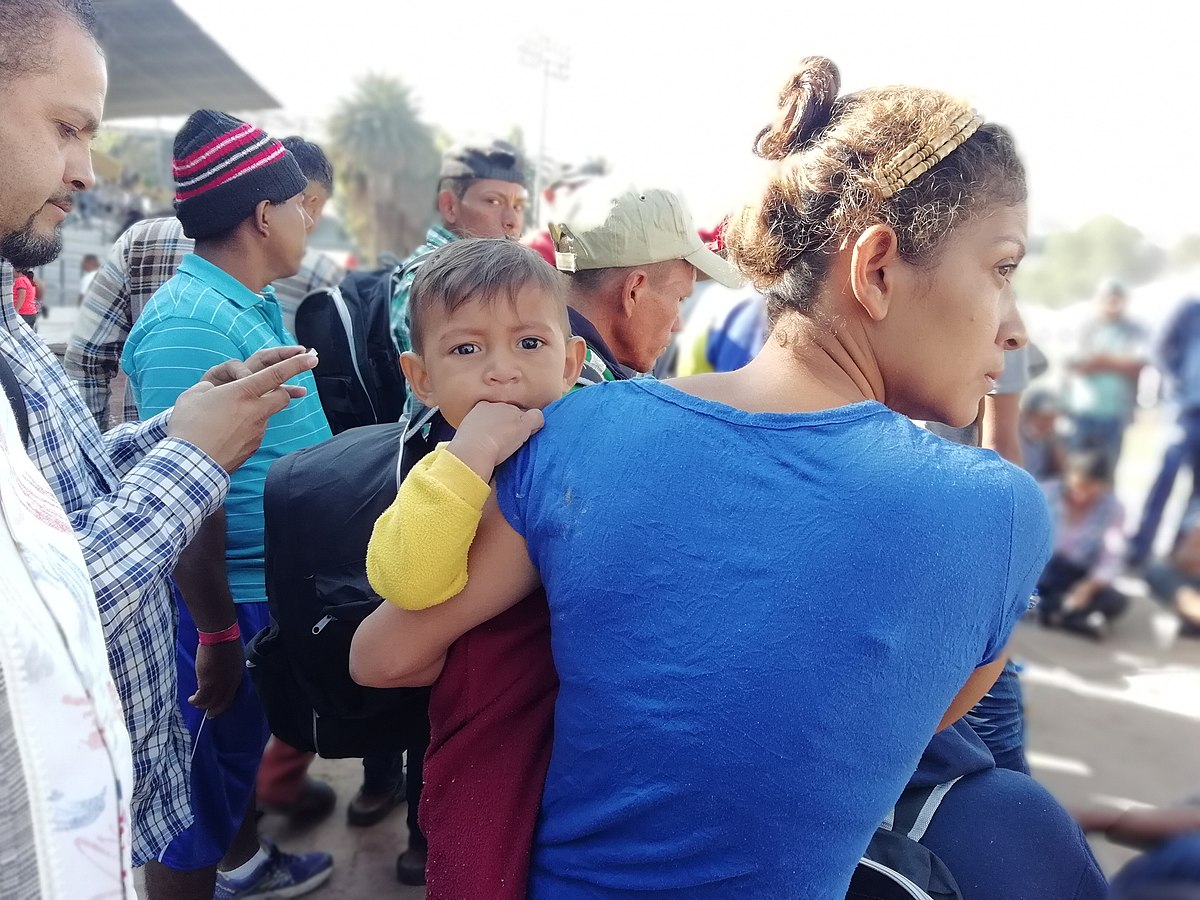
The Root Causes Initiative is working to address the underlying structural and historical conditions driving people to migrate from Central America.
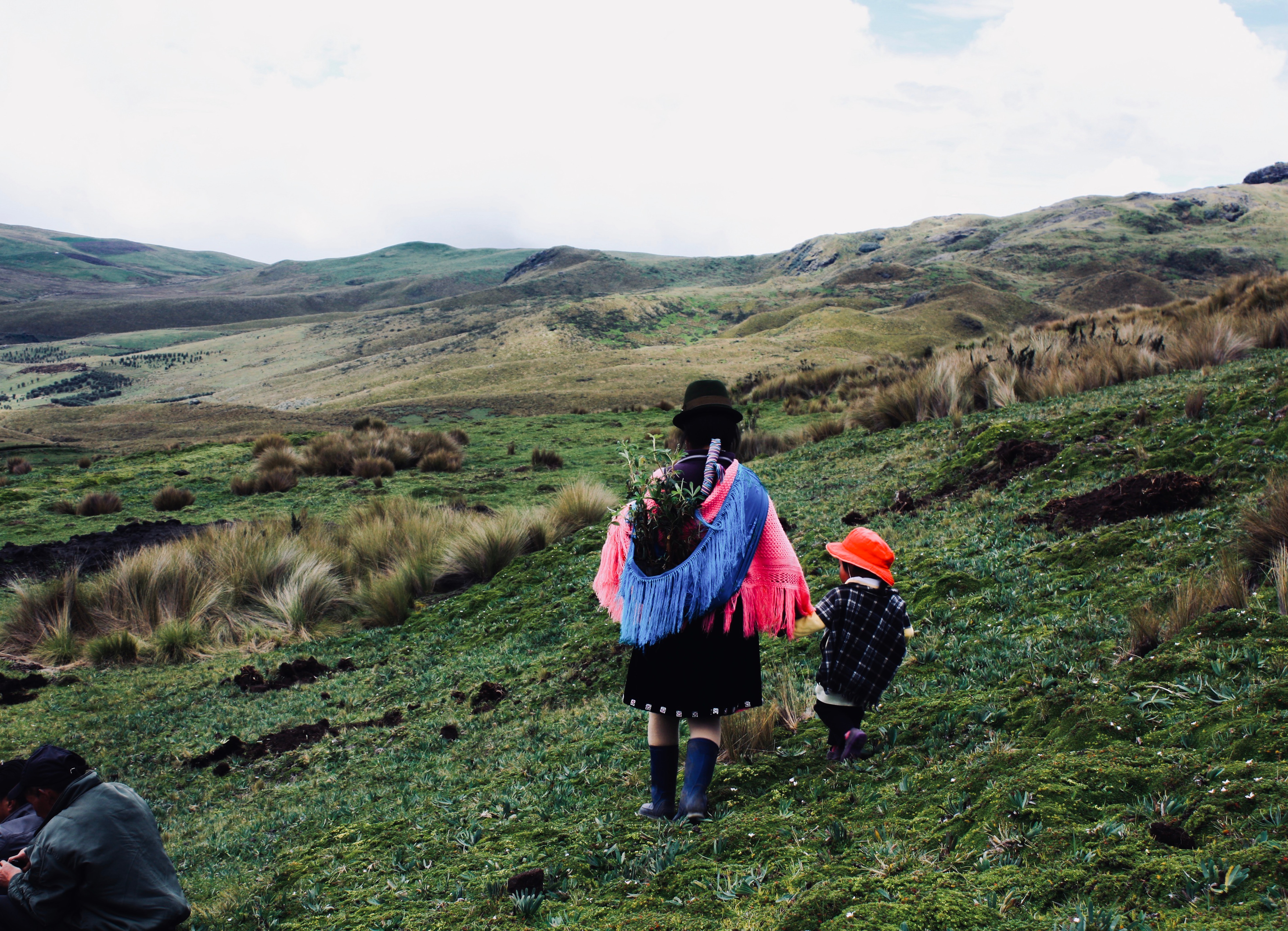
The Earth can teach us how to be nonviolent and in right relationship with each other and all of Creation.
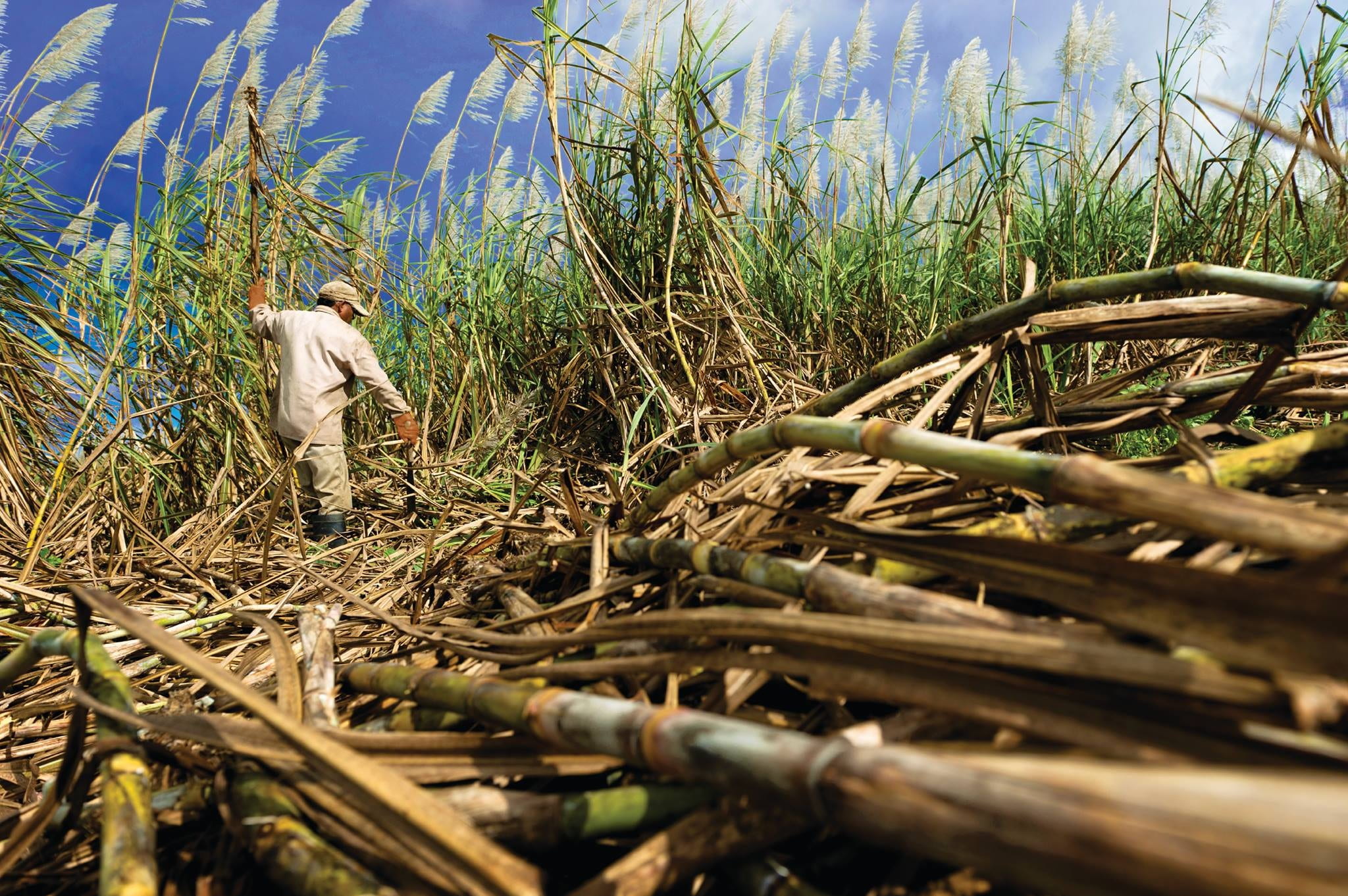
In a letter laying out six demands, the groups reject TIAA’s promise to achieve net zero carbon emissions by 2050 as “greenwashing” and tell TIAA to fully divest from fossil fuels by 2025, and to immediately stop its acquisitions of farmland.
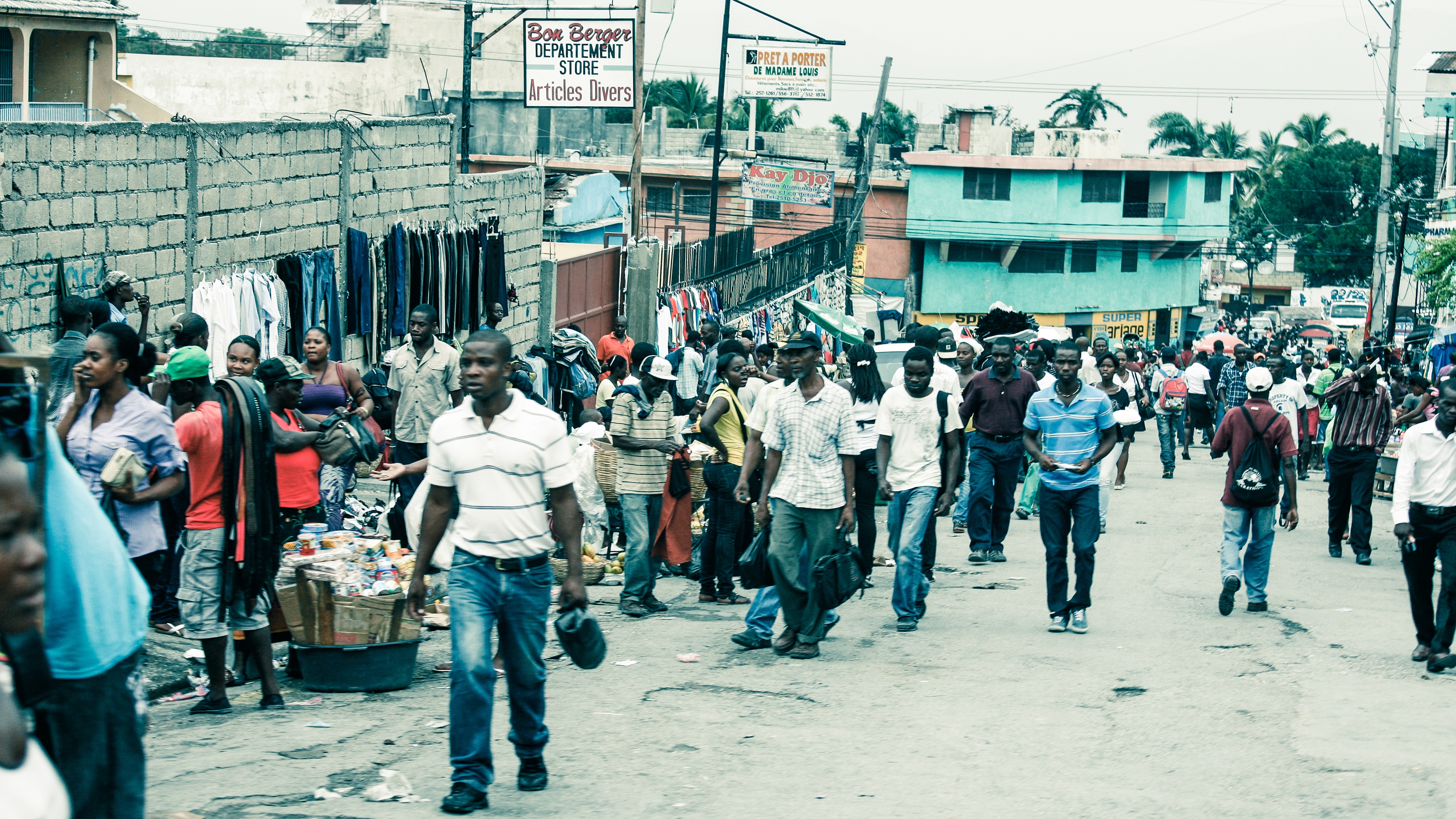
Urge the Biden administration to pursue a just humanitarian response to the situation facing Haitian asylum seekers at the U.S.-Mexico border.
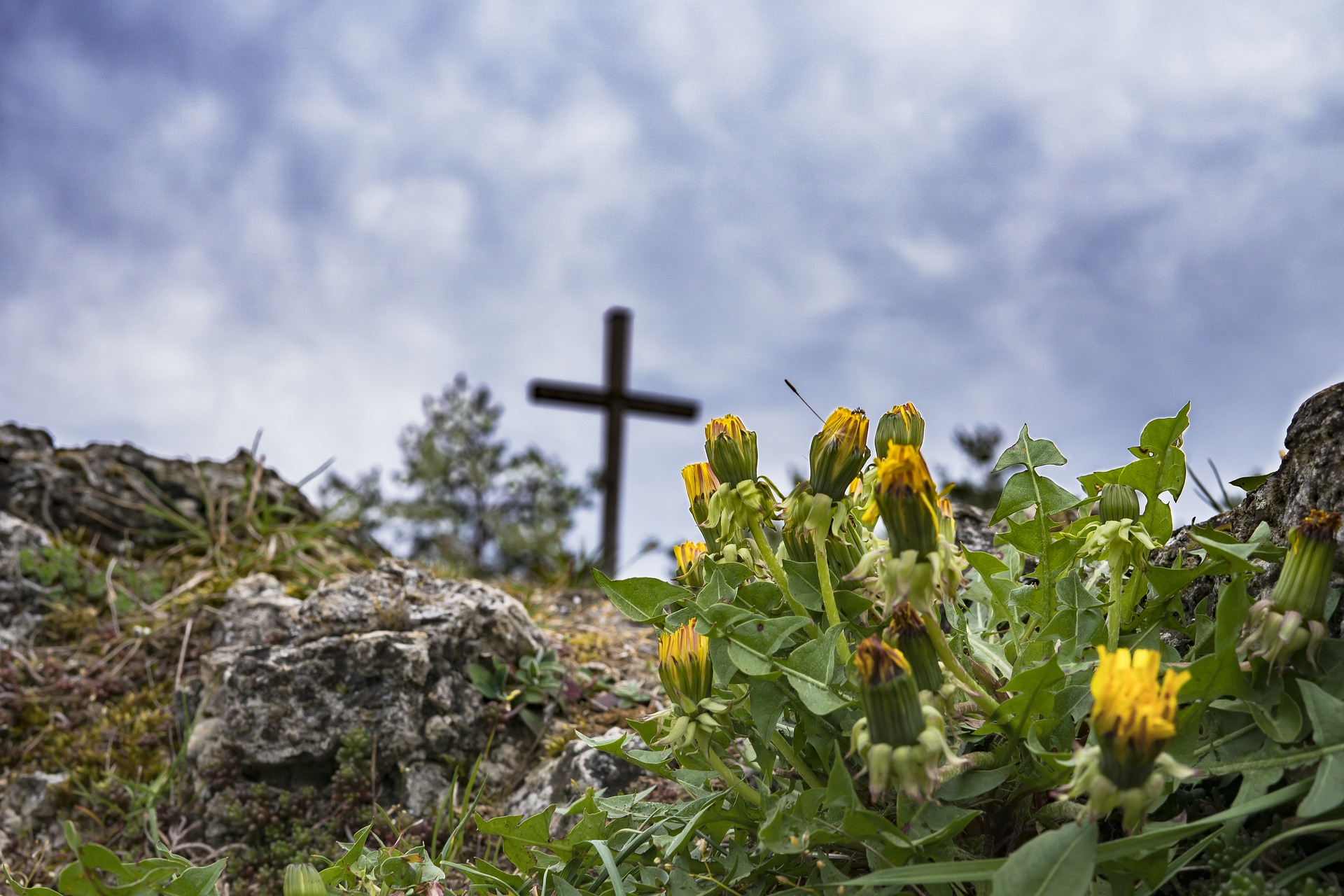
Fr. Dennis Moorman, MM, on mission in Brazil, reflects on the need to restore the bonds that tie together all creation.
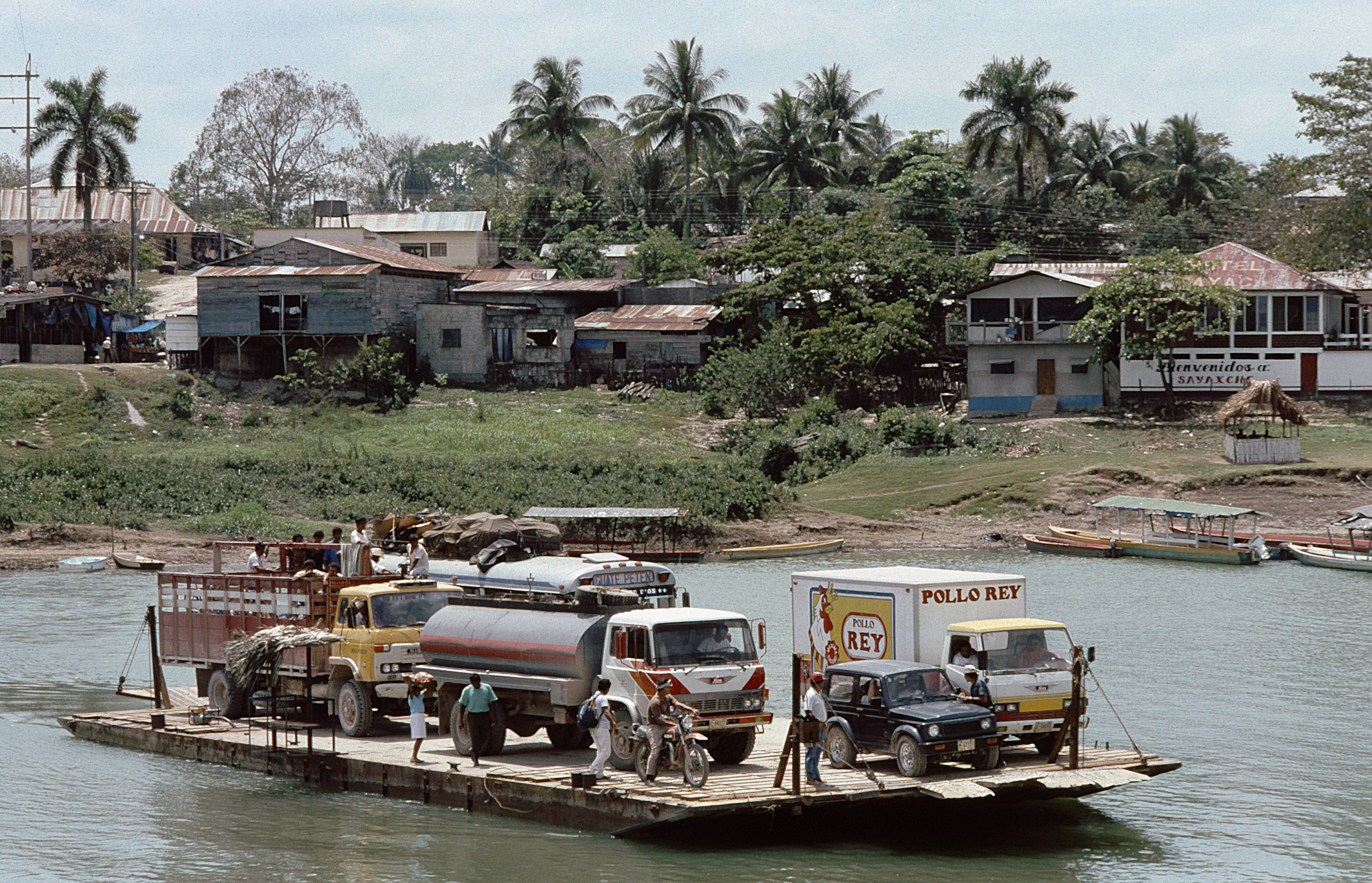
The following is an excerpt of an English translation of a May 25 statement by Fr. Flavio Pereira Tercero and lawyer Ramón Cadena analyzing the root causes of migration in Guatemala, especially the El Petén region, in anticipation of U.S. Vice Pres. Kamala Harris’ June 2021 visit to Guatemala.

Guatemalan groups expressed disappointment with Vice Pres. Kamala Harris’s visit to the country in June.
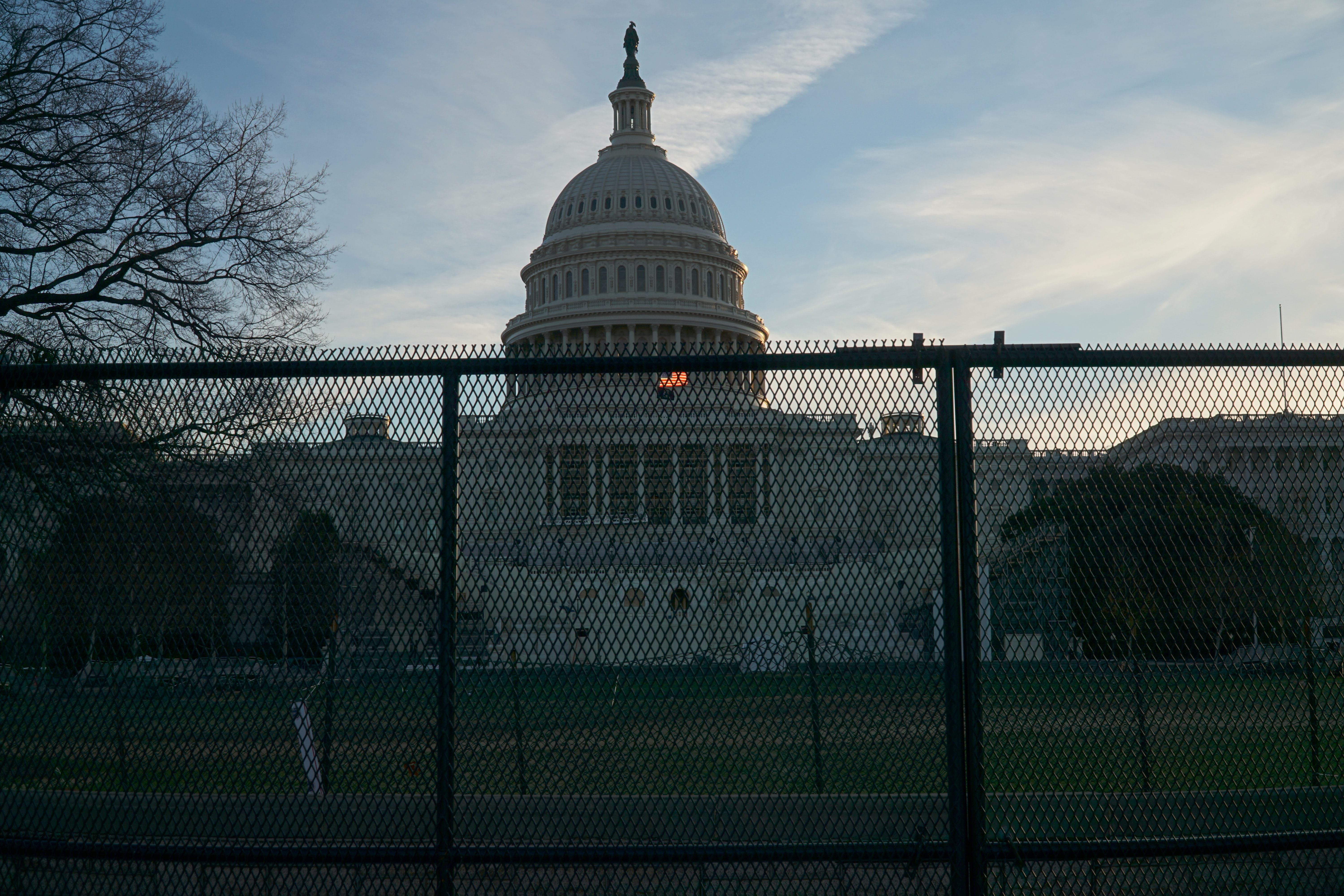
The Fiscal Year 2022 budget resolution proposals recently passed by the House and Senate include opportunities for citizenship for many undocumented U.S. residents.
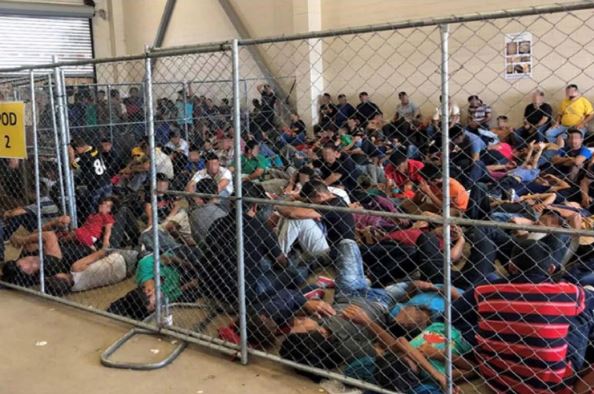
Two Trump-era policies severely restricting access to asylum at the U.S.-Mexico border have remained or been recently reinstated, to the dismay of immigrant advocates.

Fr. Mike Gilgannon, a priest with the Kansas City-St. Joseph diocese who served alongside many Maryknoll missioners in the Andean region, reflects on the roles suffering and death play in our lives.
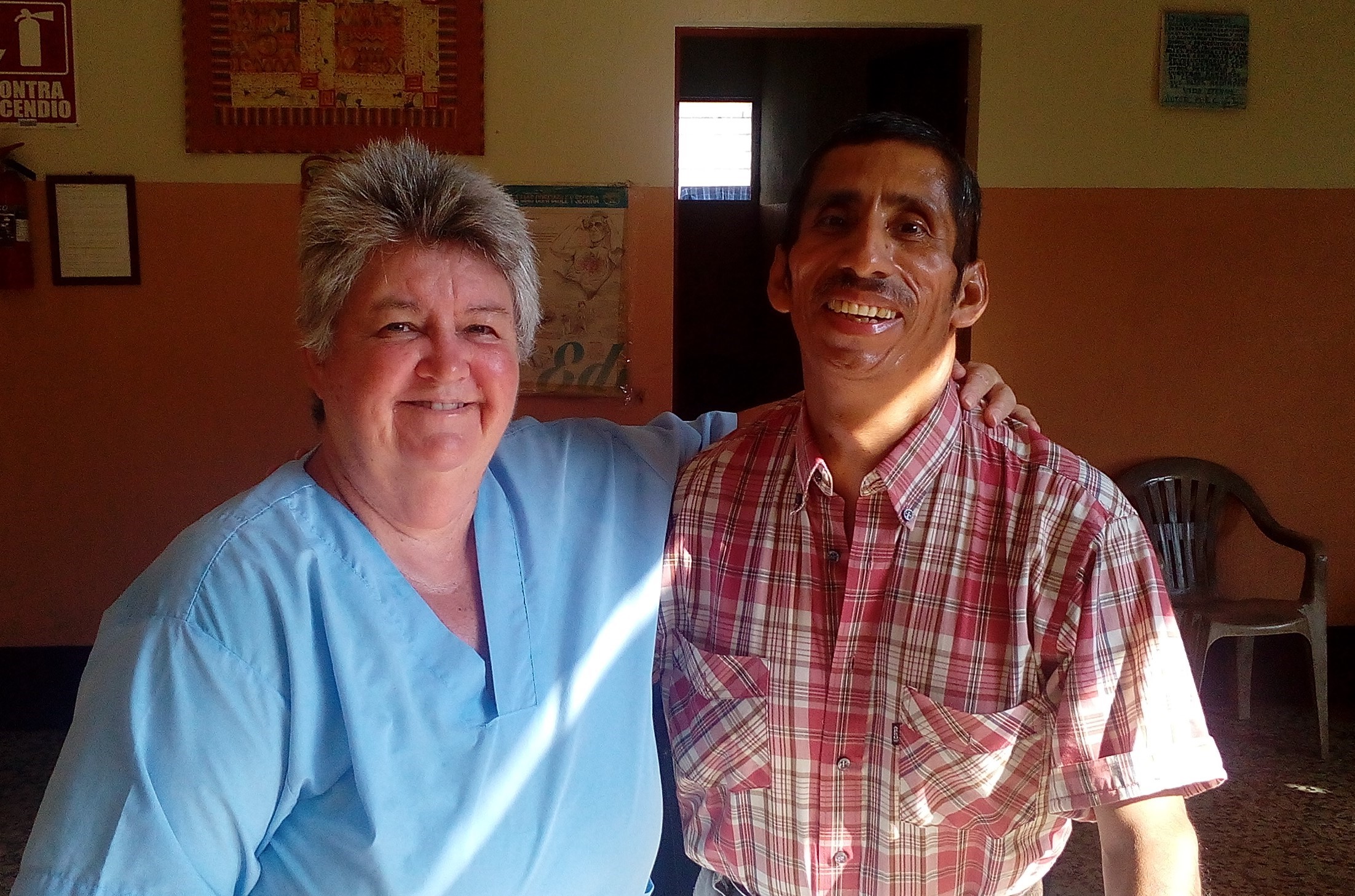
Sr. Delia “Dee” Smith, on mission in Guatemala, reflects on how the Eucharist nourishes us for a life of mission.
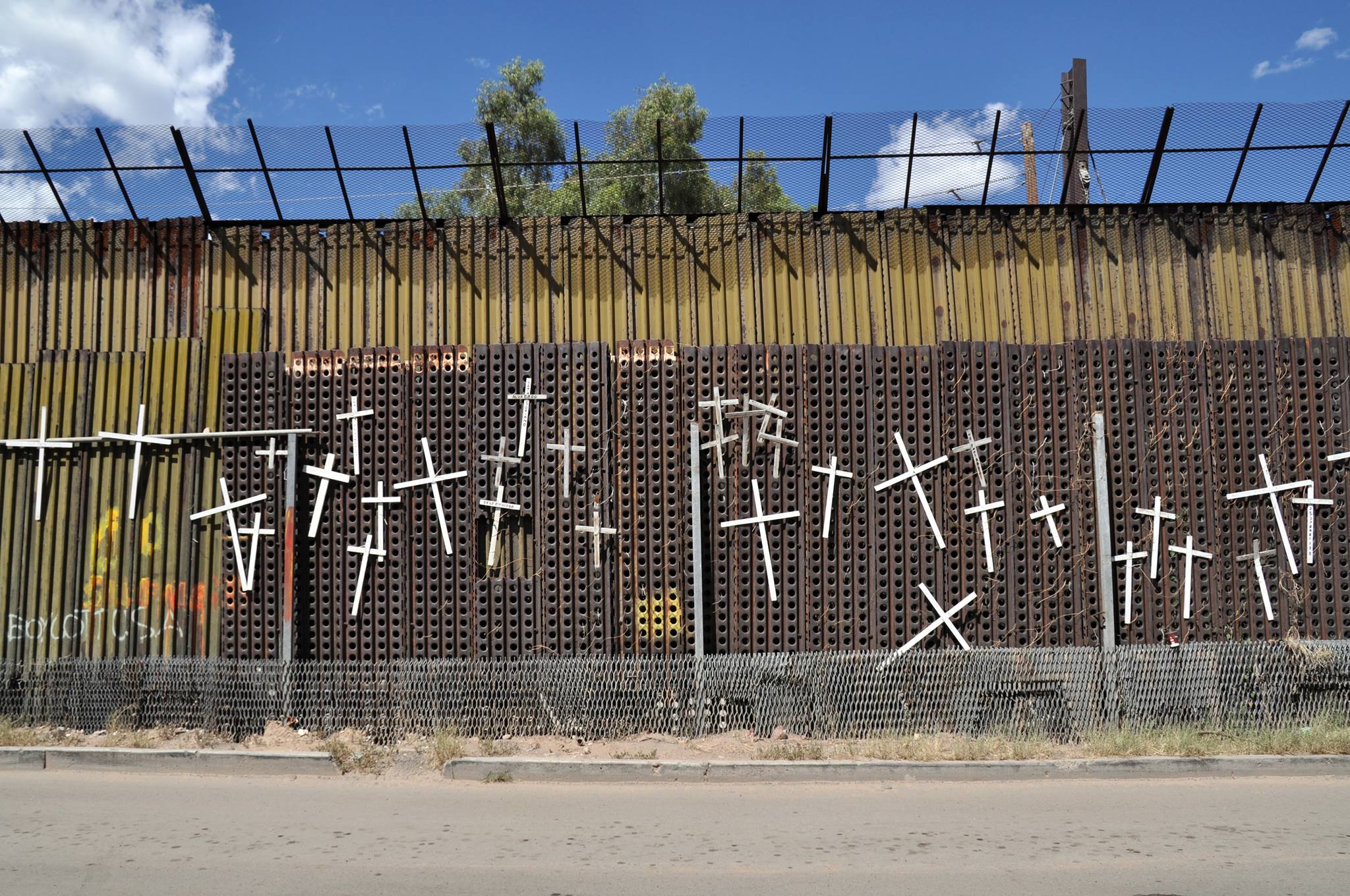
Catholic organizations ask leaders of bishops’ conferences in the Americas to work together to protect migrants as deaths at the U.S.-Mexico border triple.
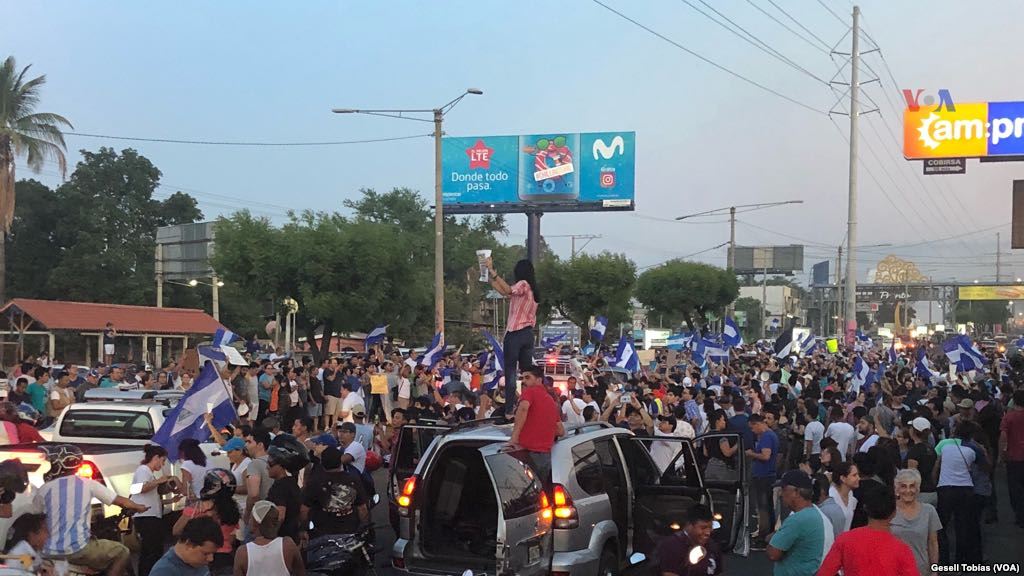
Recent arrests of Nicaraguan opposition figures are the latest example of actions by left-leaning Latin American governments creating division and consternation among international faith groups and solidarity activists.
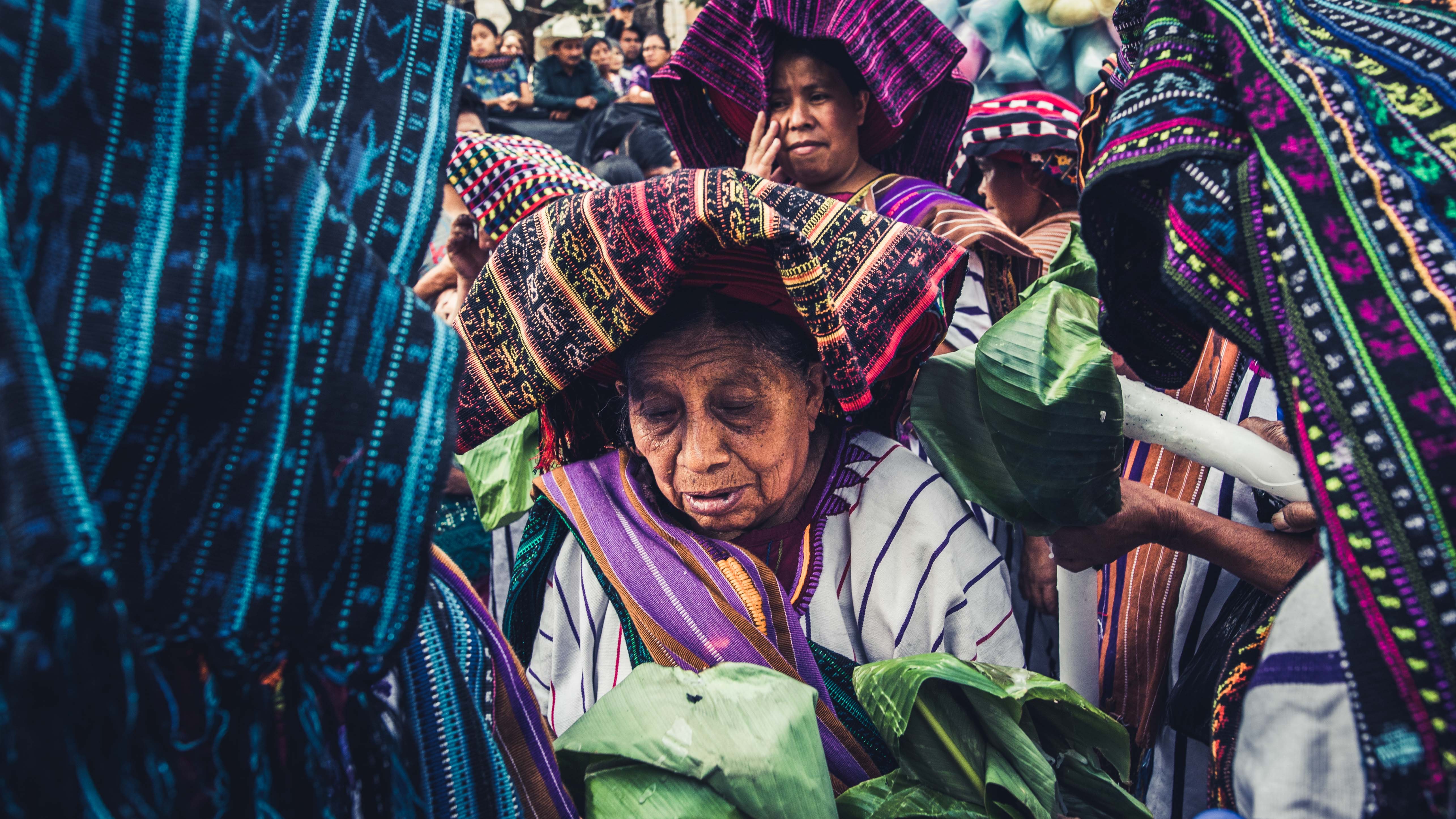
During her visit to Guatemala in early June, Vice President Kamala Harris made comments regarding migration to the southern U.S. border that sparked controversy.
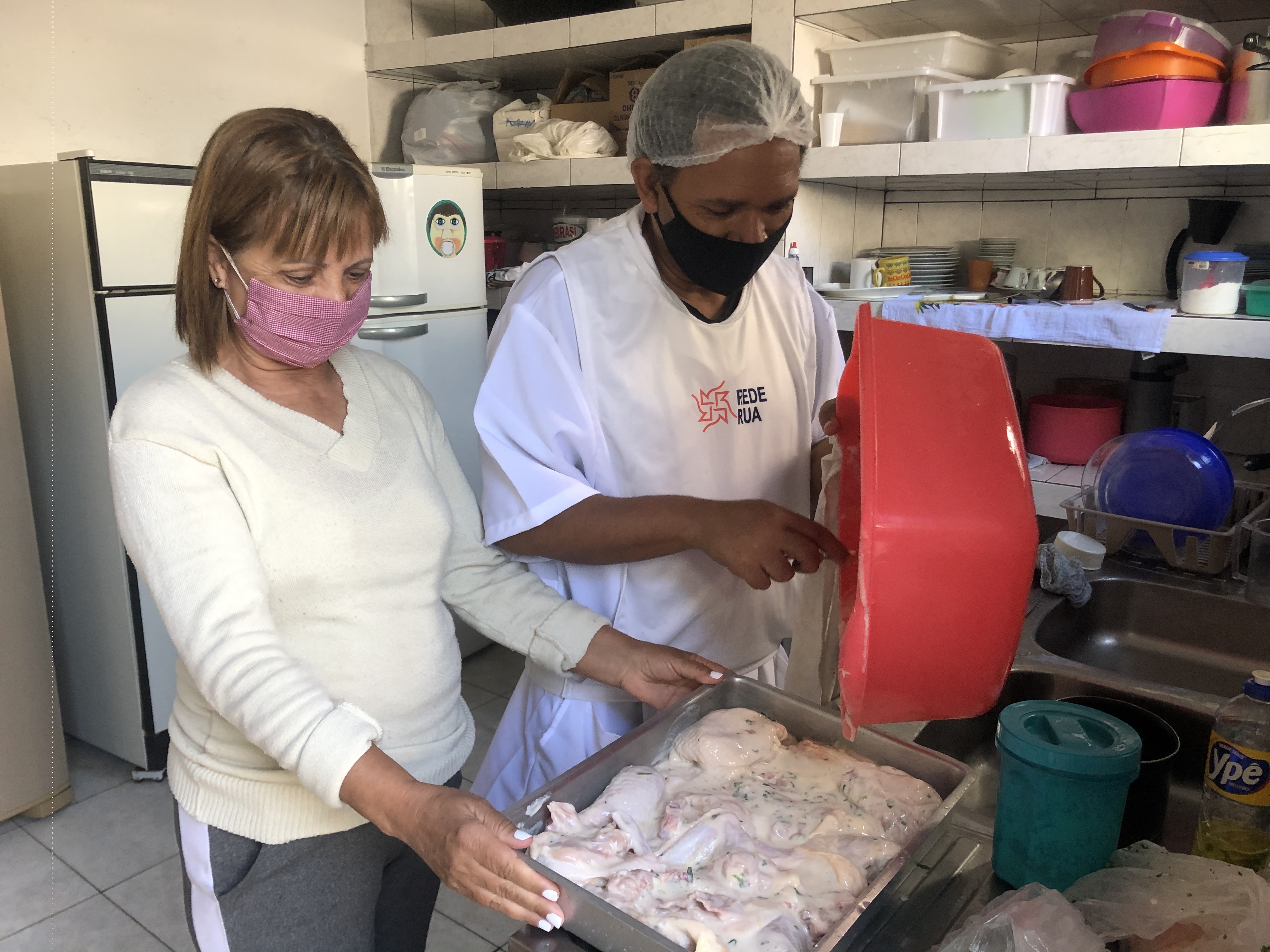
Joanne Blaney, a Maryknoll lay missioner in Brazil, reflects on how small seeds of compassion sown can bear abundant fruit.

The Maryknoll Office for Global Concerns issued the following statement in response to the Biden administration’s announcement that it would designate Temporary Protected Status (TPS) for Haiti for 18 months.
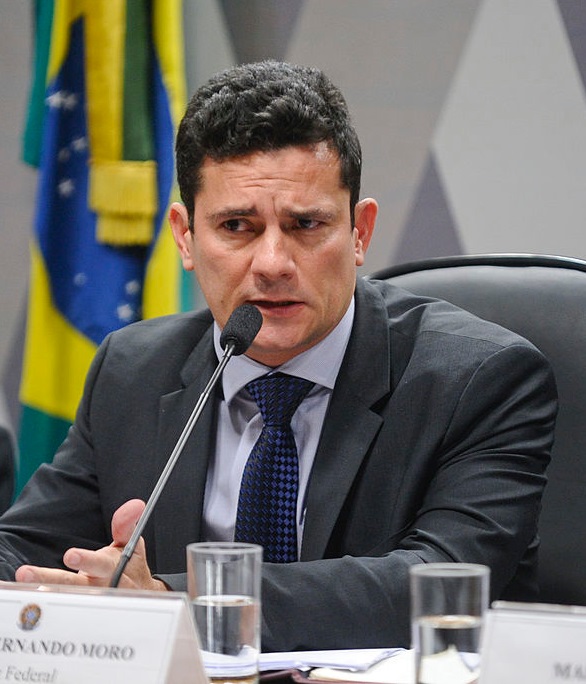
The economic consequences of the Car Wash corruption scandal match the far-reaching political turmoil that continues to overshadow Brazil.

Abby Belt, a Maryknoll lay missioner in Haiti, considers how we can reflect the care of the Good Shepherd to others throughout our daily lives.